Part 2: Creating a sustainable production and consumption chain
Not only creating products, improving quality, building production and consumption chains are also of special interest to local authorities and people in ethnic minority and mountainous areas. From there, gradually building brands, affirming reputation, creating competitiveness with other products on the market.
 |
| During the harvest season, Ms. Be Thi Nga buys macadamia nuts from farmer Dang Minh Hai's garden (Ea Bia commune, Song Hinh district) to dry. Photo: KHANG ANH |
Forming production and consumption chains
Mr. Vo Ngoc Son (village 2, Da Loc commune, Dong Xuan district) has a home garden area of about 1.2 hectares, growing fruit trees such as custard apple, green-skinned grapefruit, orange, mango... In 2014, seeing that lychee brought high income, he bought a large-fruited lychee variety with a moderate sweet and sour taste from Dak Lak and brought it back to plant on a trial basis. 6 years later (2020), more than 30 lychee trees began to yield. Mr. Son said: Each year, lychee is harvested once a year, sold for 50,000 VND/kg, I earn nearly 100 million VND, not including other types of trees. Currently, my home garden is a model new rural garden of the commune and lychee is the main crop. I plan to expand the lychee growing area, mainly using biological products, limiting pesticides so that the trees produce high-quality fruit.
Seeing the lychee garden growing effectively, many people came to visit and learn. Mr. Son did not hesitate to share his experience with many other farmers. He himself also hopes that there will be more households growing lychees in the area to increase output and create a brand for local products. "Currently, lychee products after harvest are only sold and consumed locally, some are sold to Binh Dinh province. With the purchasing demand of traders and consumers, after I and the people in the commune invest in more lychee growing areas, the product will be known by many people, forming a wider production and consumption chain", Mr. Son confided.
 |
Building a production chain and creating a stable output for Song Hinh macadamia nuts is also an effort of Be Thi Nga, owner of Thi Nga business household, a Tay ethnic (Ea Ly commune, Song Hinh district). The owner of the facility is investing and coordinating with farmers to create high-quality products that meet market demands. Ms. Nga said: In 2017, seeing her family and many people in the commune growing macadamia trees but not knowing how to preserve them after harvest, and having difficulty selling them, I came up with the idea of buying nuts to resell to people to make milk and cook nutritious porridge. In 2018, I bought a small dryer, bought fresh macadamia nuts, processed the finished products and sold them to the market. After a while, with more customers, I borrowed more money to buy a vacuum press, a large capacity dryer for industrial nut processing, and built a factory to place machinery and preserve dry nuts. I also started registering my business, then completed the paperwork and procedures to ensure that the products met the prescribed criteria before being sold on the market.
Currently, Be Thi Nga supplies the market with two types of macadamia nuts: dried cracked nuts (VND 260,000/kg) and kernels (VND 600,000/kg); on average, more than 4 tons of finished nuts are sold to the market each year. “With the desire to develop Song Hinh macadamia nuts, I plan to continue expanding the factory, investing in more equipment and machinery to purchase and process macadamia nuts in large quantities. In addition to 10 households that provide stable fresh nuts for the facility, I encourage and mobilize more households to supply nuts. I really hope to receive support from industries and localities, especially in promoting and expanding the consumption market so that from here, the production and consumption chain of Song Hinh macadamia products can be formed sustainably,” said Be Thi Nga.
 |
| Mr. Vo Ngoc Son's lychee garden (Da Loc commune, Dong Xuan district) is a model new rural garden, learned by many farmers in the commune. Photo: KHANG ANH |
According to Mr. Huynh Van Hung, Vice Chairman of the People's Committee of Ea Ly Commune (Song Hinh District), 58% of the commune is ethnic minority. The macadamia growing area in the area is 50 hectares, mainly concentrated in the red basalt soil area; of which about 30 hectares have been harvested. In previous years, people only knew how to grow but the output was... floating, this is also a concern of the locality. Currently, Ms. Nga can buy seeds from people in large quantities, so the locality is very happy because the output for the product has been resolved, helping farmers feel secure and invest in the growing area.
OCOP program becomes "midwife"
In addition to building a production and consumption chain to increase productivity and stabilize output, enhancing value, creating prestige and competitiveness for products in the market is one of the tasks that has been and is being carried out by all levels, sectors and people. Accordingly, registering to participate in and selecting products under the One Commune One Product Program for the period 2021-2025 (OCOP Program) is a particularly important solution to build a brand according to the value chain based on the advantages of local raw materials and products.
 |
| Three products of dried macadamia nuts, Hung Mien salt and pepper chicken, and Minh Thu sun-dried beef have just been announced by the People's Committee of Song Hinh district and awarded 3-star OCOP product certificates. Photo: Contributor |
Mr. Pham Dinh Phung, Vice Chairman of Son Hoa District People's Committee, said: In order for local specialty products to affirm their brands, local authorities at all levels and associations have actively encouraged and guided people to participate in the OCOP program, because this is a program that can reliably assess the quality of local products. Currently, Son Hoa has 20 products certified as 3- and 4-star OCOP products. We realize that, for local products to develop, they must first have value, achieve quality, and be beautiful in design and packaging... The locality also directed specialized departments, branches, and affiliated Party Committees to continue to encourage, provide legal support, and guide people to complete registration procedures to participate in the program; support the design of increasingly perfect and eye-catching packaging models.
Up to now, the whole province has about 118 OCOP products, of which the 3 mountainous districts of Dong Xuan, Son Hoa, and Song Hinh have more than 32 products achieving 3- and 4-star OCOP. Production facilities also focus on quality, ensuring food safety and hygiene, packaging, labels, etc. to meet consumer demand in the market. Mr. Vo Nhu Ngoc, Head of the Economic - Infrastructure Department of Dong Xuan district shared: In the district, in addition to fruit trees, people also develop typical products of ethnic minorities. These products have been known to many people in other localities and the demand for purchase and use is increasing; some products have been recognized or are in the process of being considered for recognition as OCOP products.
Final episode: To let the products of the mountainous ethnic minority regions continue to reach far
Khang Anh
Source























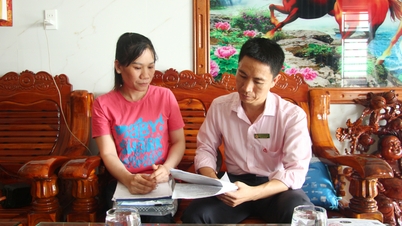





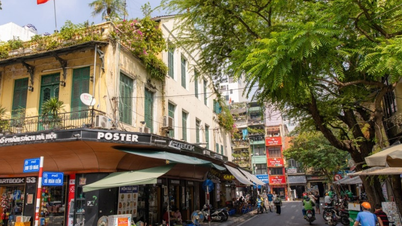





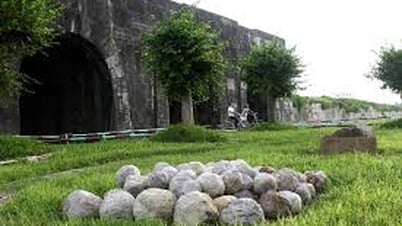







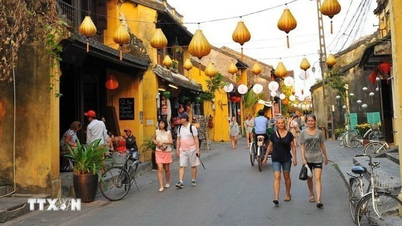




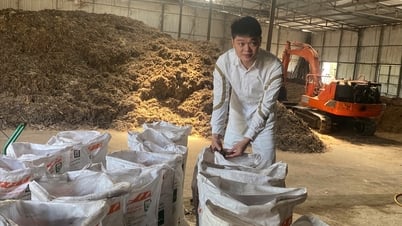





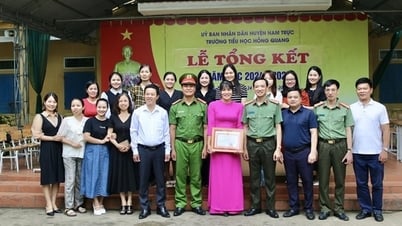






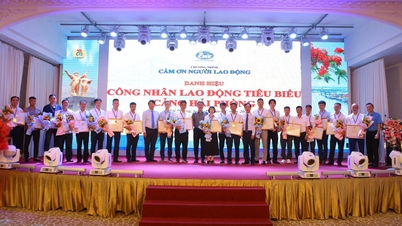














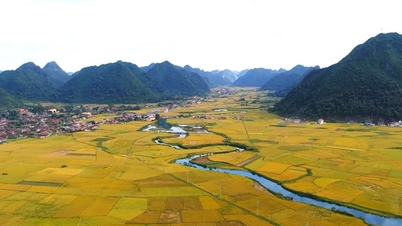












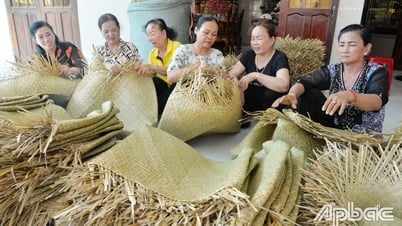

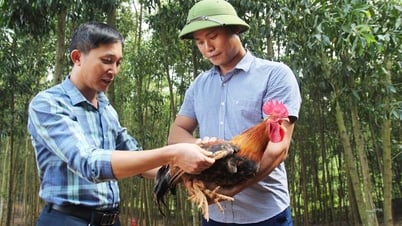

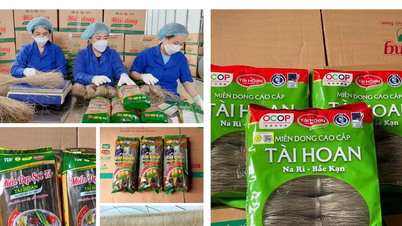







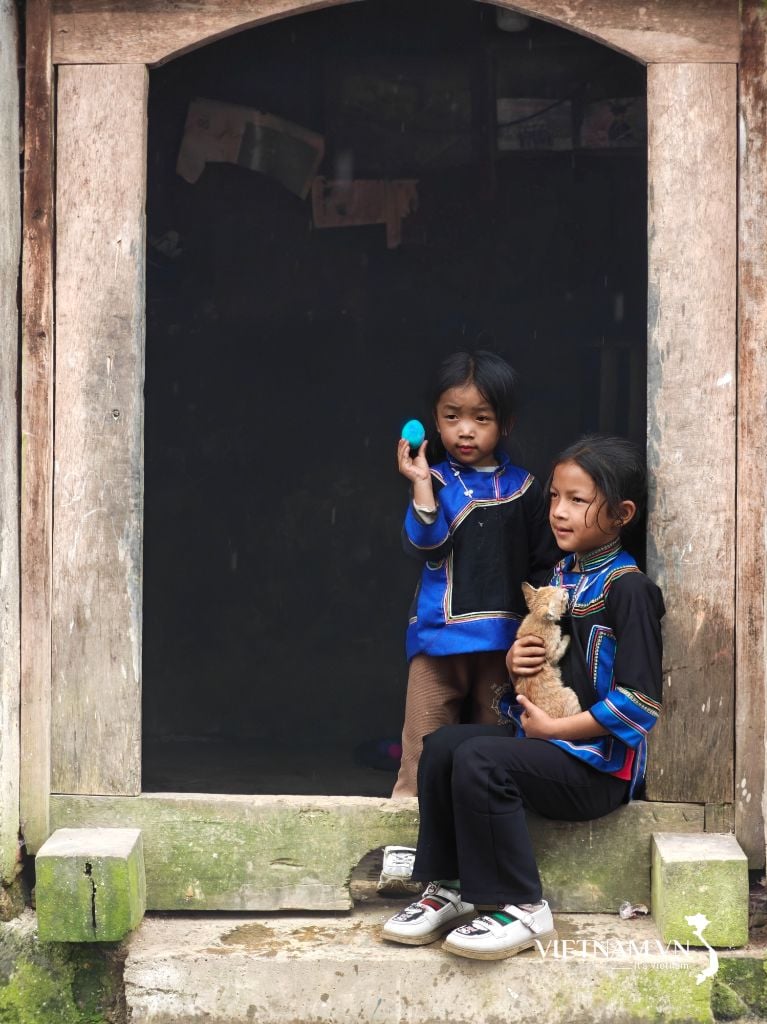

Comment (0)